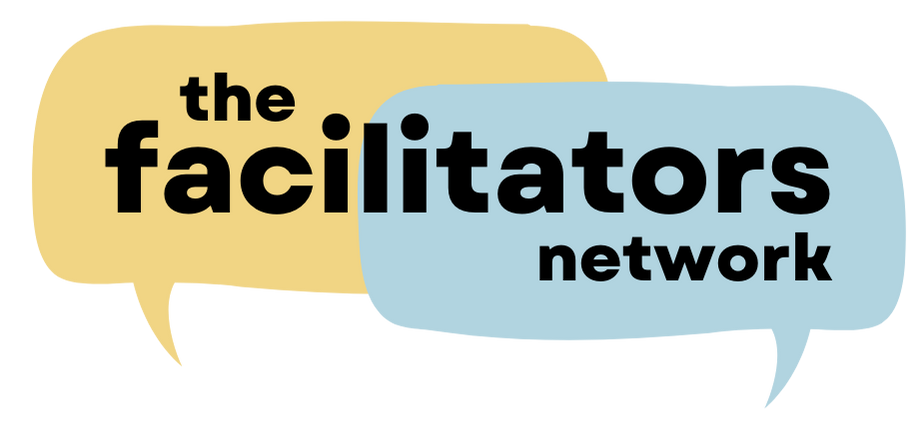Picture cards are a versatile facilitation tool that can be used in a range of different ways, depending on the workshop or people you are working with. My picture cards live in my suitcase, so I can pull them out whenever the discussion needs an extra prompt. I often use picture cards to help with:
1. Introductions
Picture cards are a helpful way to reach below the surface and get people talking about things they may not usually bring to the conversation. I often use picture cards in an introduction round when I want people to talk about how they’re feeling or what energy they are bringing to the room.
I might set up the round by saying: “Choose a picture that sums up…
- How you are feeling about today’s workshop.
- What you have left behind, in order to be here today.
- How your week is going so far.
- What energy you are bringing to today’s session.
2. Describing Roles
Sometimes people find it difficult to describe how they fit into a team, working group, or situation, so I often use picture cards to start this conversation. Picture cards allow people to think about their role as a metaphor, which often makes it easier to both explain and understand.
When I do this activity with groups, I often choose an image of a conductor, and explain that my role as a facilitator is a lot like the conductor of an orchestra. It’s my job to make sure every person is heard, and that the conversation stays on track and on time. (It also means I might wave my arms around a lot.)
I might set up this activity by saying: “It can helpful for us to understand how we all fit together, so I’d love you to choose a picture that illustrates the role you play in this discussion / project / team.”
3. Envisaging the Future
Whether you’re working with a team to shape up team culture, or you’re engaging in some strategic discussions around a company’s future, picture cards can help describe the future the group is looking for.
Depending on the workshop, and the future focus of the group, I might set up this activity by saying: “If you could wave a magic wand and anything was possible, choose a picture that sums up…
- What you would like your team culture to look like.
- How you would like your stakeholders to describe your programmes.
- How you would like people to feel when they come into the city.
- What success would look like for you.
4. Prompting Out-Of-The-Box Thinking
In a brainstorming or problem-solving session, it’s easy for people to get stuck on solutions that are already familiar to them. In these situations, I often use picture cards to stimulate thinking from a different perspective.
Instead of asking participants to choose a card, I give them a card of my choosing and ask them to:
- Think about how they might you use the ‘thing’ in the picture to solve the challenge.
- Imagine they are the inventor of the item in the picture. How might you—as the inventor–solve this challenge?
- Consider what is missing from the picture. How might the missing pieces help you solve the challenge?
Often the ideas generated through this activity are extravagant and absurd. However, from those extravagant ideas, some practical solutions often emerge.
5. Wrapping Up
Picture cards offer a simple way for people to reflect on the session and how they are feeling as they leave the room.
I often use picture cards to wrap-up the session and might set up the activity by saying: “Choose a picture that sums up…
- How you are feeling leaving today’s workshop.
- Something you found useful or enjoyable about the workshop today.
- Your biggest aha moment or realisation from the session.
- How you feel moving into the next steps of this project.
Picture cards are a simple, inexpensive tool that help people articulate what’s going on for them. They are particularly useful in situations where people may feel vulnerable to share.
How do you use picture cards in your facilitation role?
Kerri Price
Kerri is a professional facilitator with over 20 years experience in facilitation roles. She is the founder of The Facilitators Network and regularly facilitates workshops on Facilitation and Building a Facilitation Business.
Email: kerri@thefacilitatorsnetwork.co.nz


We often use picture cards as a closing exercise – “‘Choose a card that reflects your learning today””, or “…over the course of the workshop.”
We’re also currently developing our own imagery that relates to a specific workshop we facilitate, for a “On a scale of….” resource.